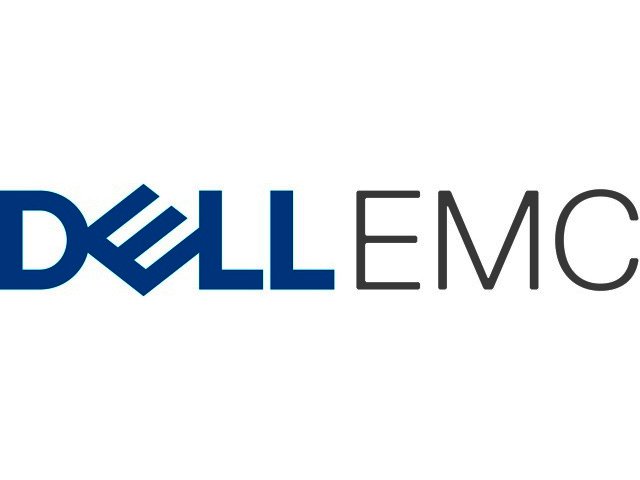Dell has announced findings of the 2017 Women Entrepreneur Cities Index (WE Cities), revealing how 50 top global cities are fostering high-potential women entrepreneurs (HPWE). Building on 2016 WE Cities research, this study ranks cities, not countries, to show the impact of local policies, programs and characteristics in addition to national laws and customs on HPWE.
Johannesburg features at position 28, ahead of Seoul, Barcelona, Tokyo and Dublin. This is a slide from its position at 23rd in the 2016 study, reflective of tougher market conditions. Nonetheless, the City of Gold continues to represent African cities as a hub where business is open to everyone, regardless of their gender or creed.
“Globally, women’s entrepreneurship rates are growing more than 10% each year. In fact, women are as likely or more likely than men to start businesses in many markets. However, financial, cultural and political barriers can limit the success of these businesses,” said Karen Quintos, EVP and chief customer officer at Dell. “By arming city leaders and policymakers with data-driven research and clear calls to action, we can collectively improve the landscape for high-potential women entrepreneurs, which in turn dramatically lifts a city’s economic prospects – as what is good for women is good for the economy."
“It is in the world’s best interest that women entrepreneurs everywhere thrive. The WE Cities can be used as a diagnostic tool to help ensure that lawmakers are enabling women entrepreneurs to succeed,” said Elizabeth Gore, entrepreneur-in-residence at Dell. “Each of the cities on this list can learn from one another and encourage political change to attract and support women entrepreneurs. The resulting change will be felt at not just a city level, but at a humanity level as we develop an ecosystem where all entrepreneurs can thrive regardless of gender.”
Top 50 WE Cities Ranking & Methodology
Building on the past five years of Dell’ research on HPWE, five important categories of city characteristics were identified: capital, technology, talent, culture and markets. These pillars were organised into two groups – operating environment and enabling environment. The overall rating has 72 indicators, and 45 of these, nearly two-thirds, have a gender-based component. Individual indicators were weighted based on four criteria: relevance, quality of underlying data, uniqueness in the index and gender component. The 50 cities were ranked as follows:
1. New York
2. Bay Area
3. London
4. Boston
5. Stockholm
6. Los Angeles
7. Washington, DC
8. Singapore
9. Toronto
10. Seattle
11. Sydney
12. Paris
13. Chicago
14. Minneapolis
15. Austin
16. Hong Kong
17. Melbourne
18. Atlanta
19. Amsterdam
20. Portland (OR)
21. Berlin
22. Taipei
23. Pittsburg
24. Tel Aviv
25. Copenhagen
26. Vancouver
27. Houston
28. Johannesburg
29. Barcelona
30. Seoul
31. Munich
32. Miami/Ft. Lauderdale
33. Nairobi
34. Dublin
35. Warsaw
36. Belfast
37. Milan
38. Beijing
39. Tokyo
40. Bangalore
41. Kuala Lumpur
42. Sao Paulo
43. Dubai
44. Shanghai
45. Mexico City
46. Lima
47. Guadalajara
48. Istanbul
49. Delhi
50. Jakarta
While NYC ranked No. 1, its total score out of 100 was 62.9, leaving considerable room for improvement
The 2016 and 2017 studies differ in several ways, including the total number of cities, number of indicators and the weight of indicators based on new data sources. Given the new elements to the ranking, scores should not be compared year-over-year.
Dell partnered with IHS Markit—a leading source of insight and analytics that shape today’s business landscape—to launch this first-of-its-kind, global research that will measure a city’s ability to attract and support high-potential women entrepreneurs.
Research for WE Cities began during the 2016 DWEN Future Ready Research Symposium chaired by Dr. David Ricketts from the Technology and Entrepreneurship Center at Harvard. The research symposium brought together 40 global thought leaders, women entrepreneurs, academics and media to develop insights for the model. Key takeaways from the conversations at the Symposium included:
· Access to capital is still the No. 1 challenge that women entrepreneurs face, although the numbers are showing a slight improvement
· Creating robust ecosystems with incubators, accelerators and mentors makes a world of difference for entrepreneurs—it’s all about the network
· Cultural norms and their policy implications put serious binds on female entrepreneurs
· Talent, both in terms of the entrepreneurs’ own talent, including education and experience, and having access to a skilled staff also resonated as highly important
The successful pilot of the 2016 Index led to the scaling for the 2017 Index to include 50 cities.





